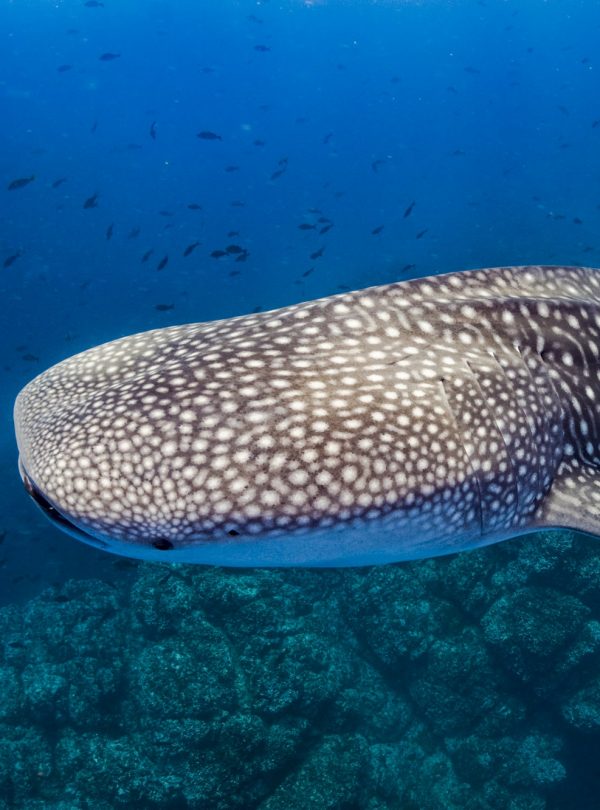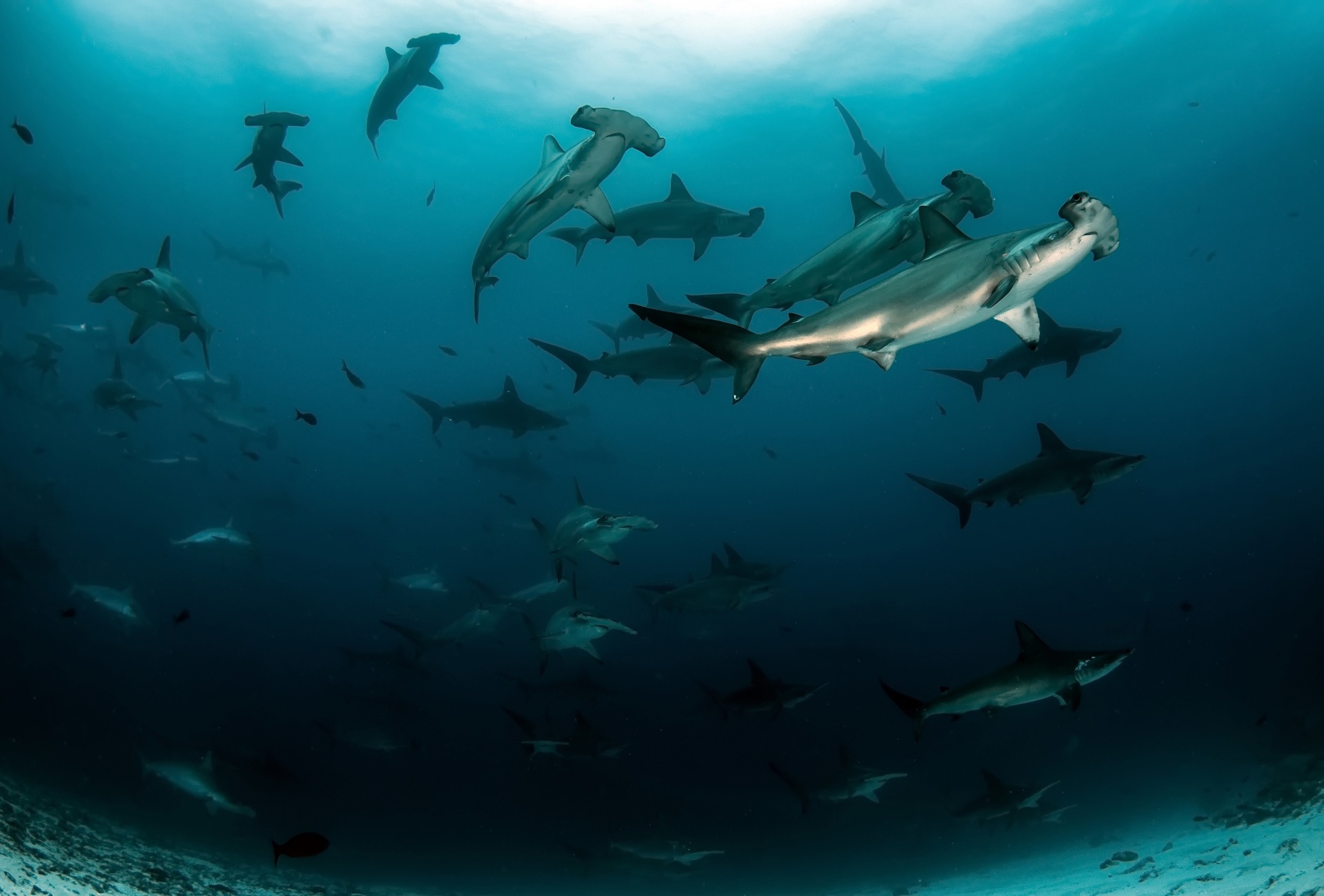
Sanctuary for the Scalloped Hammerheads of Golfo Dulce in Costa Rica
Support More Work Like ThisSupport More Work Like ThisOne of four tropical fjords in the world, the unique ecosystem of Golfo Dulce in Costa Rica provides critical nursery habitat for Scalloped Hammerheads.
-
Species at Risk
5
-
Carbon stored
N/A *
*(metric tons of CO2 equivalents) -
Partner
Misión Tiburón
-
172,974 Proposed Acres Conserved by
Designation
-
Project Cost: $313,681
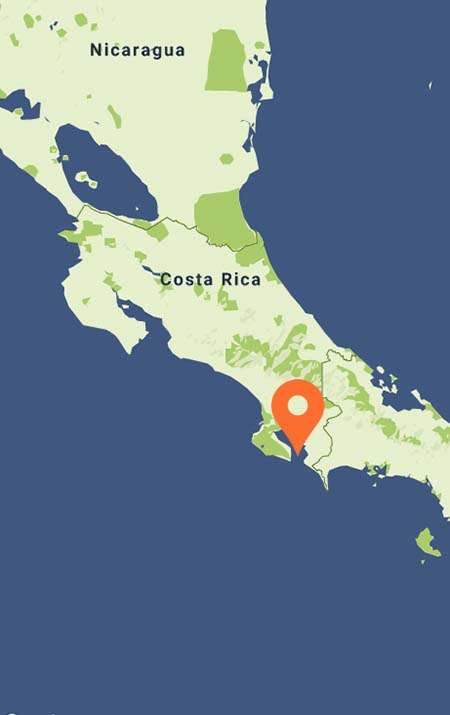
172,974
One of four tropical fjords in the world, the unique ecosystem of Golfo Dulce in Costa Rica provides critical nursery habitat for Scalloped Hammerheads.
-
Species at Risk
5
-
Carbon stored
N/A *
*(metric tons of CO2 equivalents) -
Partner
Misión Tiburón
-
172,974 Proposed Acres Conserved by
Designation
-
Project Cost: £227,305

172,974
One of four tropical fjords in the world, the unique ecosystem of Golfo Dulce in Costa Rica provides critical nursery habitat for Scalloped Hammerheads. These coastal waters support a wide diversity of fish, which in turn provide sustenance for newborn sharks. This area is also home to Endangered Whale Sharks and Critically Endangered Hawksbill Turtles.
Critically Endangered Scalloped Hammerheads are subject to intense fishing pressure and are prone to entanglement in nets. Juvenile hammerheads do not hold significant value for their meat and fins, but when caught they are used as bait for commercially targeted game fish such as snapper. Fishery exploitation has led to a drastic decline in the shark’s population during the past few decades.
By tagging juvenile hammerheads and analyzing the data on their movements, Rainforest Trust’s partner Misión Tiburón has identified several shark nursery areas within Golfo Dulce. Rainforest Trust seeks $313,681 to help our local partner create a multi-use Marine Management Area, and will eventually help establish a Shark Sanctuary for additional security. This 172,974-protected area will relieve fishing pressure on both sharks and rays and bolster the declining Eastern Pacific population of Scalloped Hammerheads.
Did you know?
species of fish reside in the Golfo Dulce
Explore Costa Rica
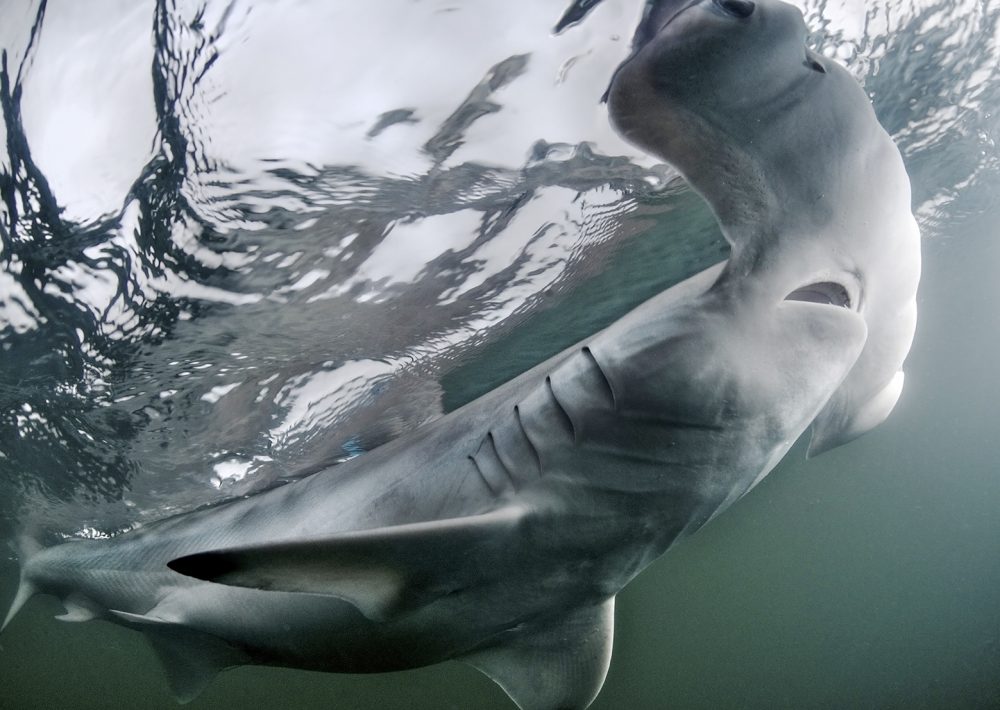
Acoustical tagged hammerhead shark in Golfo Dulce, Puntarenas, Costa Rica by a team of Mision Tiburon scientist.
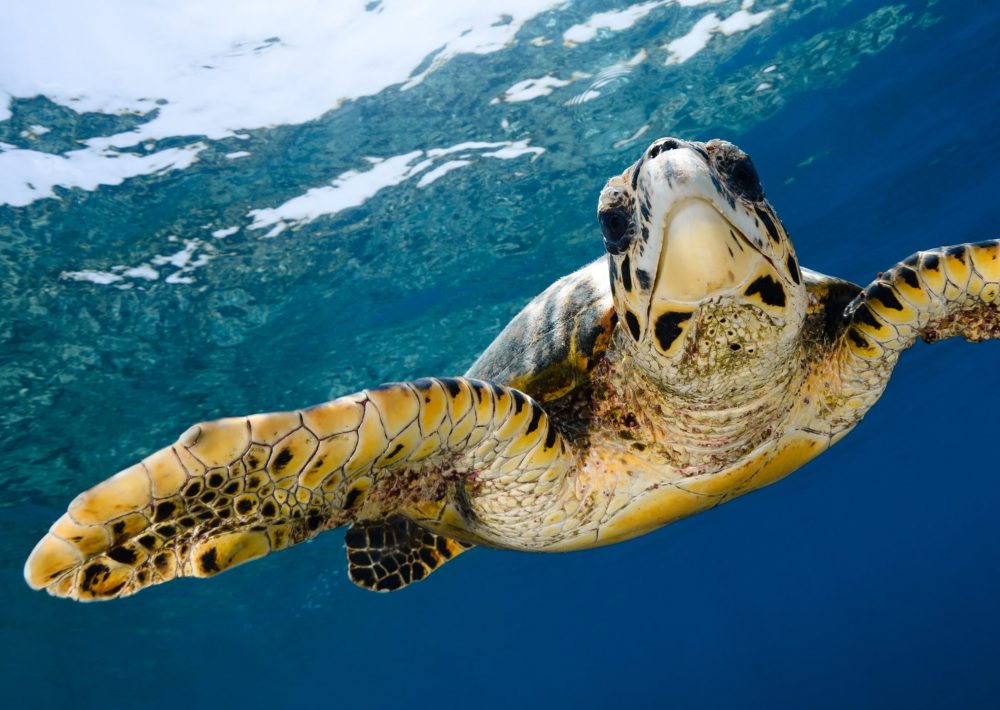
The Hawksbill Turtle. Sea turtles are killed for their eggs, shells and meat.
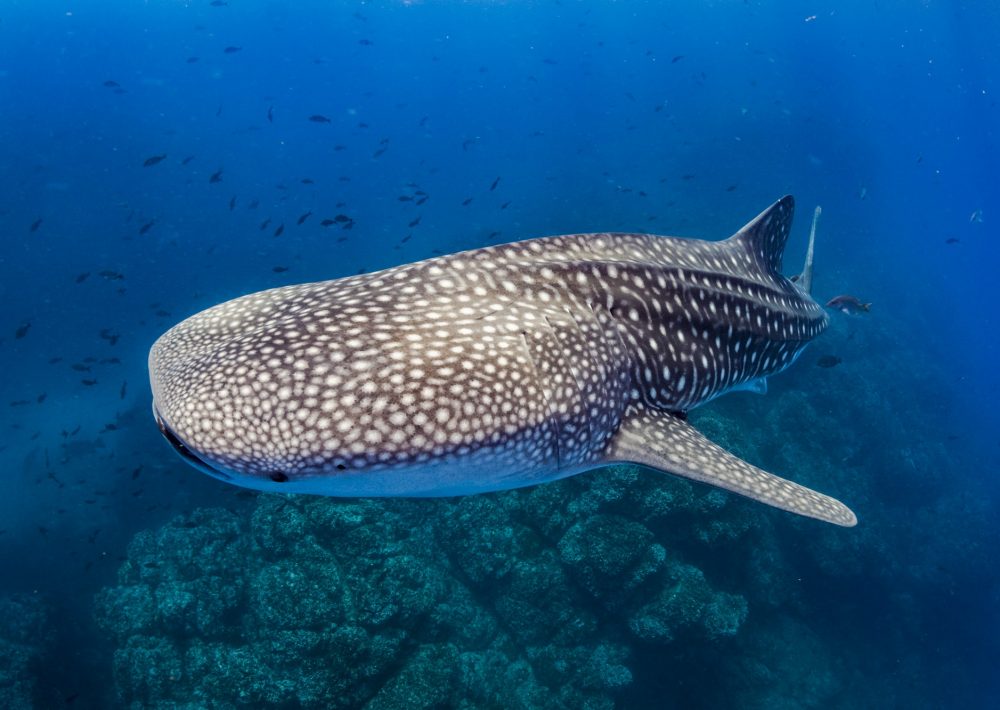
Whale Shark (EN)
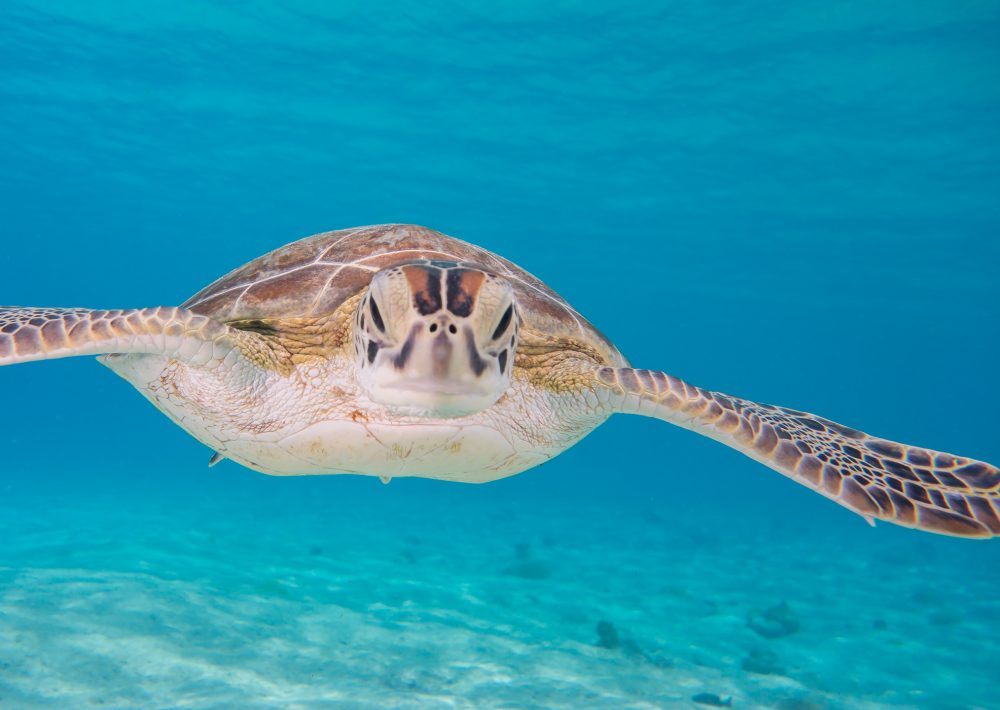
Green Turtle (EN)
Because sharks have low reproductive rates and mature slowly, they are particularly vulnerable to fishery exploitation and have experienced significant declines throughout their range.
Scalloped Hammerheads are caught in oceanic and coastal waters, through targeted fishing as well as bycatch. Our partner’s research shows that sharks and rays contributed to more than 50 percent of the total catch of fishing operations in Golfo Dulce, with Scalloped Hammerheads as the most negatively impacted.
Rainforest Trust is supporting our local partner in the creation of a 172,974-acre multi-use Marine Management Area in Golfo Dulce, Costa Rica.
This designation will establish no take zones in the most critical nursery habitat for Scalloped Hammerheads and around the feeding aggregations of Whale Sharks. Additionally, Rainforest Trust and our partner are working to establish this area as Costa Rica’s very first Shark Sanctuary, a new categorization which will prohibit sharks from being harvested anywhere in Golfo Dulce. The management of this Marine Management Area in Golfo Dulce includes patrols in collaboration with the government coast guard and the establishment of a surveillance plan. Our partner’s patrol team will likely involve young fishermen that have demonstrated support for shark conservation over the years, and the conservation organization will also set up a training program for artisanal and sport fishermen to identify and report illegal activities. Workshops with local fishermen, tourist operators and other stakeholders will be held to explain how to correctly report illegal fishing activity to the coast guard.
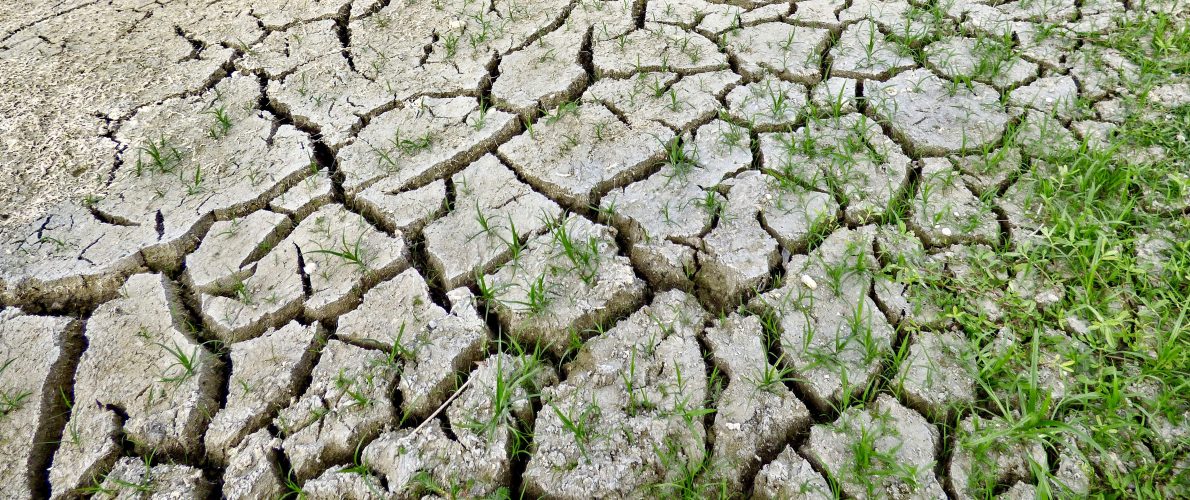
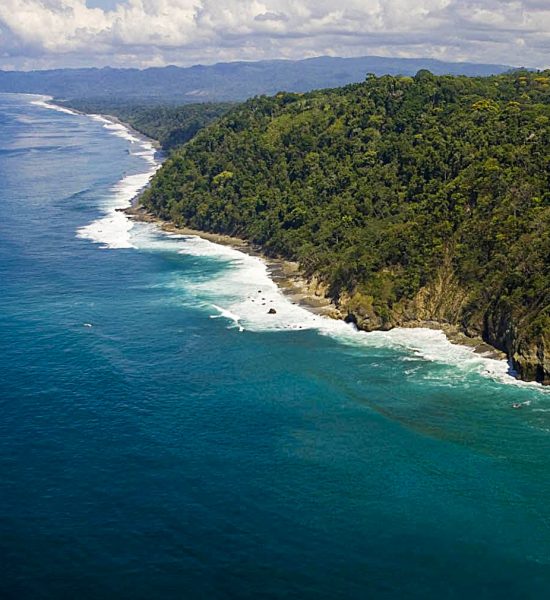
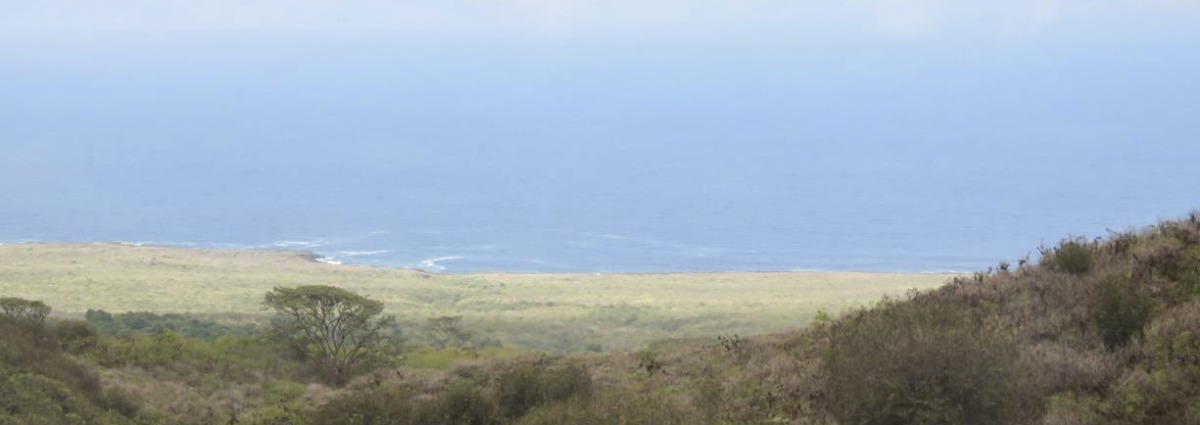
Partnering to Save Rainforest
Our partners’ ability to work with their governments and build strong connections with local communities ensures the successful implementation of our projects.
Learn More About This PartnerLearn More About This Partner
